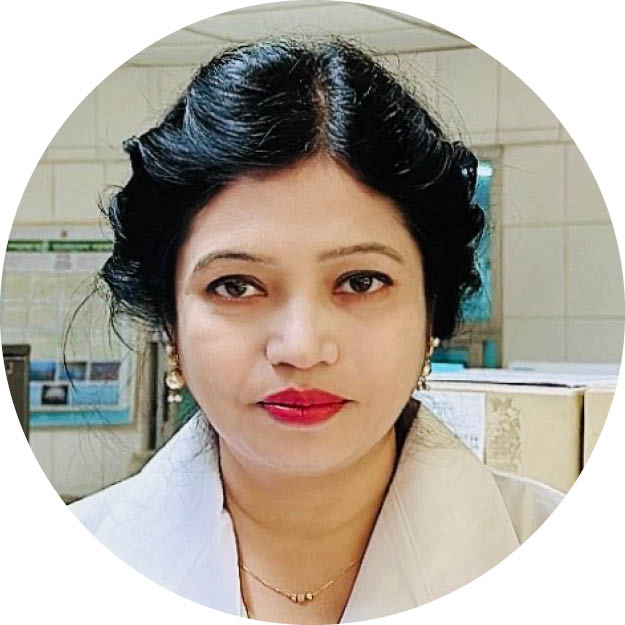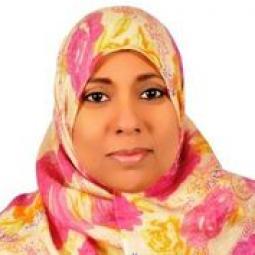Announcing the 2024 OWSD-Elsevier Foundation awardees in water, sanitation, and hygiene
March 22, 2024
Five exceptional women scientists from the Global South are awarded for their contributions to advancing SDG6: clean water and sanitation.
Five women researchers have been awarded the 2024 OWSD-Elsevier Foundation Award for Early-Career Women Scientists in the Developing World for their contributions to research that helps meet the challenge of improved water quality, advancing UN Sustainable Development Goal 6: Clean water and sanitation – an issue which disproportionately affects women and girls around the world.
The winners’ research explores a wide range of pioneering ways that the challenge of water quality can be tackled, from using hydrological modelling to bioremediation with bacteria, from creating nanocomposites for heavy metal removal to working with communities to develop sustainable practices. The prize also acknowledges the scientists’ commitment to leadership, mentoring and engagement within their communities, including the translation of research into actionable insights for stakeholders.
This year's winners are:
- Augustina Clara Alexander, of the University of Dar es Salaam, Tanzania: civil and water resources engineering; hydrological and groundwater pollution modelling and remediation, water security and climate change
- Tasrina Rabia Choudhury, of the Atomic Energy Centre (Bangladesh Atomic Energy Commission), Bangladesh: analytical chemistry; water quality and water analysis, wastewater treatment, water purification technologies, environmental impact assessment
- Lidia Antonella Rivera Peñalva, of the Coral Reef Alliance, Honduras: marine biology; marine conservation, community-based natural resource management, fisheries and aquaculture
- Zubeda Ukundimana, of Kampala International University, Uganda: environmental engineering; water and wastewater treatment, waste management, sanitation and hygiene
- Shirani Manel Kumari Widana Gamage, of the University of Ruhuna, Sri Lanka: microbiology; plant virology, bioinformatics, bioremediation of polluted water and soil environments
Jennifer Thomson, President of OWSD, said “Clean water is as essential a need as it gets – not only for humans but for the ecosystems that sustain us. Our five amazing winners this year are all working in their own different ways to make sure that the most vulnerable communities have access to clean water, and that critical ecosystems such as our coral reefs and our wetlands are protected. We are so proud of them and are sure this prize is just one step on their path to success."
Past award winners have been invited to meet their country’s presidents, and have been celebrated by local, national and international media, while other winners have gone on to receive other prestigious awards and fellowships including L’OREAL-UNESCO’s For Women in Science Fellowships, and to hold influential scientific leadership positions including as National Secretary of Science and Technology.
Read on to learn more about each Award winner.
For information on previous award winners, see: https://owsd.net/awards/past-awardees
A full press release on this year's awardees is available here.
The 2024 OWSD-Elsevier Foundation Awardees
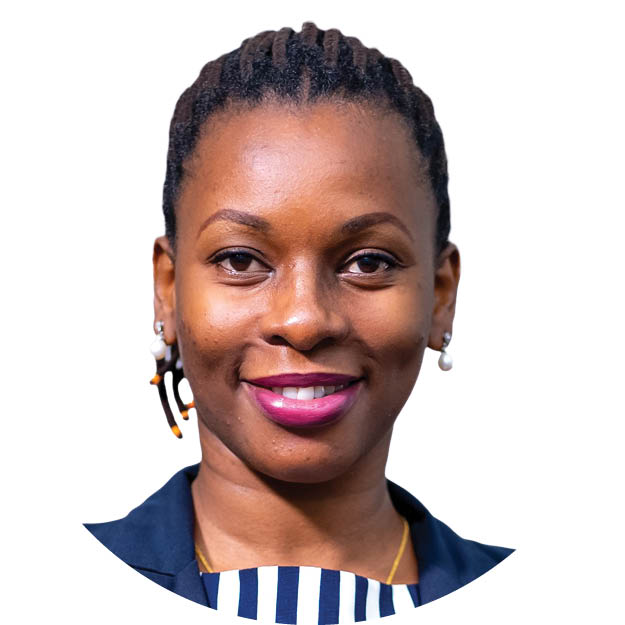
Augustina Clara Alexander, Tanzania
Augustina Clara Alexander is a civil and water resources engineer whose work uses a transdisciplinary approach to water resources management, groundwater-surface water interaction, and groundwater regime monitoring in mining areas as well as pollution monitoring and control. She is currently a collaborator on the Unlocking resilient benefits from African water resources (RESBEN) project, an international collaboration coordinated by the ARUA Water Centre of Excellence at Rhodes University in South Africa, to advance sustainable water resource development on the African continent using an adaptive systemic approach that involves participation from multiple stakeholder groups including communities, private enterprise, and governments. In Tanzania, the project is being implemented in the Great Ruaha River Catchment, a complex and vital water system supporting a diverse range of water uses including for rice production, maintaining wetlands, meeting the ecological needs of the Ruaha National Park and the generation of hydro-electric power.
Tasrina Rabia Choudhury, Bangladesh
Tasrina Rabia Choudhury is an analytical chemist and environmental toxicologist whose work focuses on the analysis of trace and toxic metals, including heavy metal contamination, ecological risk assessment, and pollution dynamics in water and various ecosystems. Her groundbreaking investigations into heavy metal contamination in river water systems along the coastal regions of Bangladesh have provided invaluable insights into the sources and impacts of pollutants, catalyzing the formulation of effective mitigation strategies. Her research extends beyond analysis to the development of advanced materials and technologies aimed at purifying water sources. Particularly noteworthy are her efforts in designing innovative methods for the removal of contaminants such as arsenic, chromium, cadmium, copper, and lead—metals that pose significant health risks to millions worldwide.
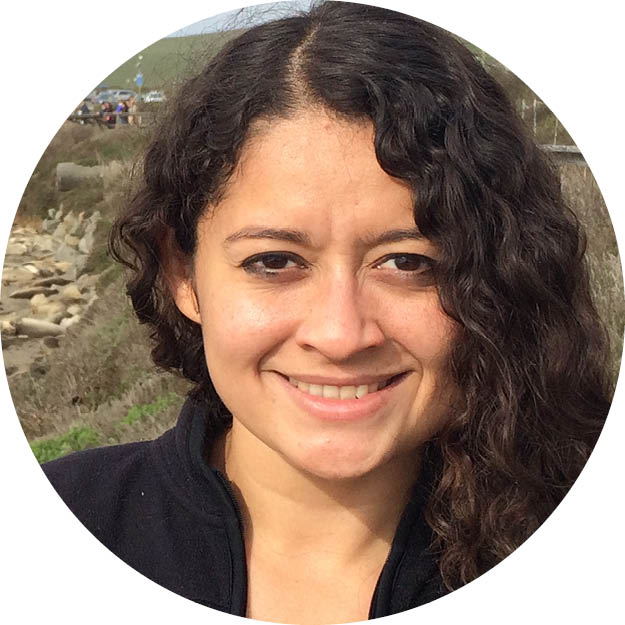
Lidia Antonella Rivera Peñalva
Lidia Antonella Rivera Peñalva is a marine scientist with a profound dedication to the conservation and sustainable management of marine social-ecological systems. She has worked for over a decade to foster a more symbiotic relationship between humans and the marine environment, focusing on artisanal fishing communities, aquaculture, and water quality across Europe, South America, and Central America. Her work leverages a variety of analytical tools to address the sustainability challenges facing marine ecosystems, bridging the gap between scientific inquiry and community-driven conservation. Through the Mesoamerican Reef Regional Water Quality Monitoring Program, she helped orchestrate a pioneering effort across Honduras, Belize, and Mexico to develop a comprehensive water quality monitoring protocol. Her work also supports sustainable fisheries and biodiversity conservation in the Western Caribbean, as well as the well-being and resilience of coastal communities, ensuring an integrative strategy for managing marine resources.
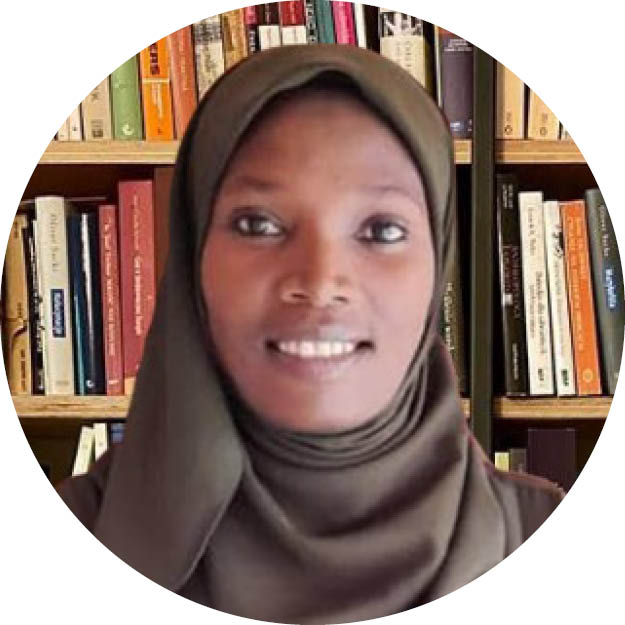
Zubeda Ukundimana, Uganda
Zubeda Ukundimana is a chemical and environmental engineer investigating different innovative solutions for water and wastewater treatment and addressing critical environmental challenges. She has studied the effectiveness of using natural adsorbent as a low-cost treatment alternative for drinking water, for communities lacking adequate water access. Using advanced oxidation processes, she studied the removal of recalcitrant chemicals from landfill leachate effluents, which resisted the conventional biological treatment and were very harmful to the environment. Her work in this area contributes to the development of efficient and cost-effective treatment technologies for managing landfill leachate, thereby mitigating environmental pollution and protecting public health. She has also proven the effectiveness of using waste metal scraps as electrodes in the removal of phosphorous from municipal sludge, providing valuable insights into sustainable nutrient removal strategies in wastewater treatment plants while also legitimizing and promoting the use of waste materials as low-cost electrodes.
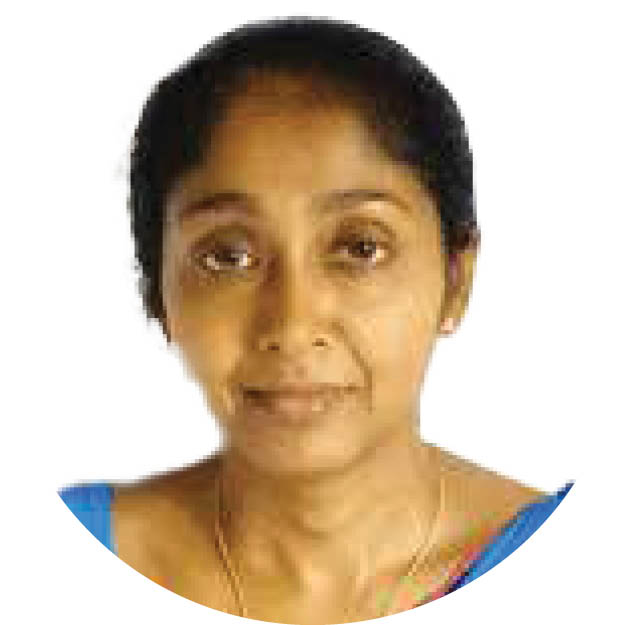
Shirani Manel Kumari Widana Gamage
Shirani Manel Kumari Widana Gamage is a botanist dedicated to the conservation of surface water resources in Sri Lanka. Her current research focuses on harmful cyanobacterial blooms, one of the main sources of surface water pollution in Sri Lanka. She and her research team have been able to identify and characterize harmful cyanobacteria, to develop remote-sensing based models for early detection of cyanobacterial blooms, and to develop biological control methods of toxic cyanobacteria through identification of bacterial strains capable of degrading the harmful bacteria and their toxins. They also worked within communities to raise awareness among drinking water consumers, fishing community and officers in public and private sector about the risks and health impacts of cyanotoxins.


